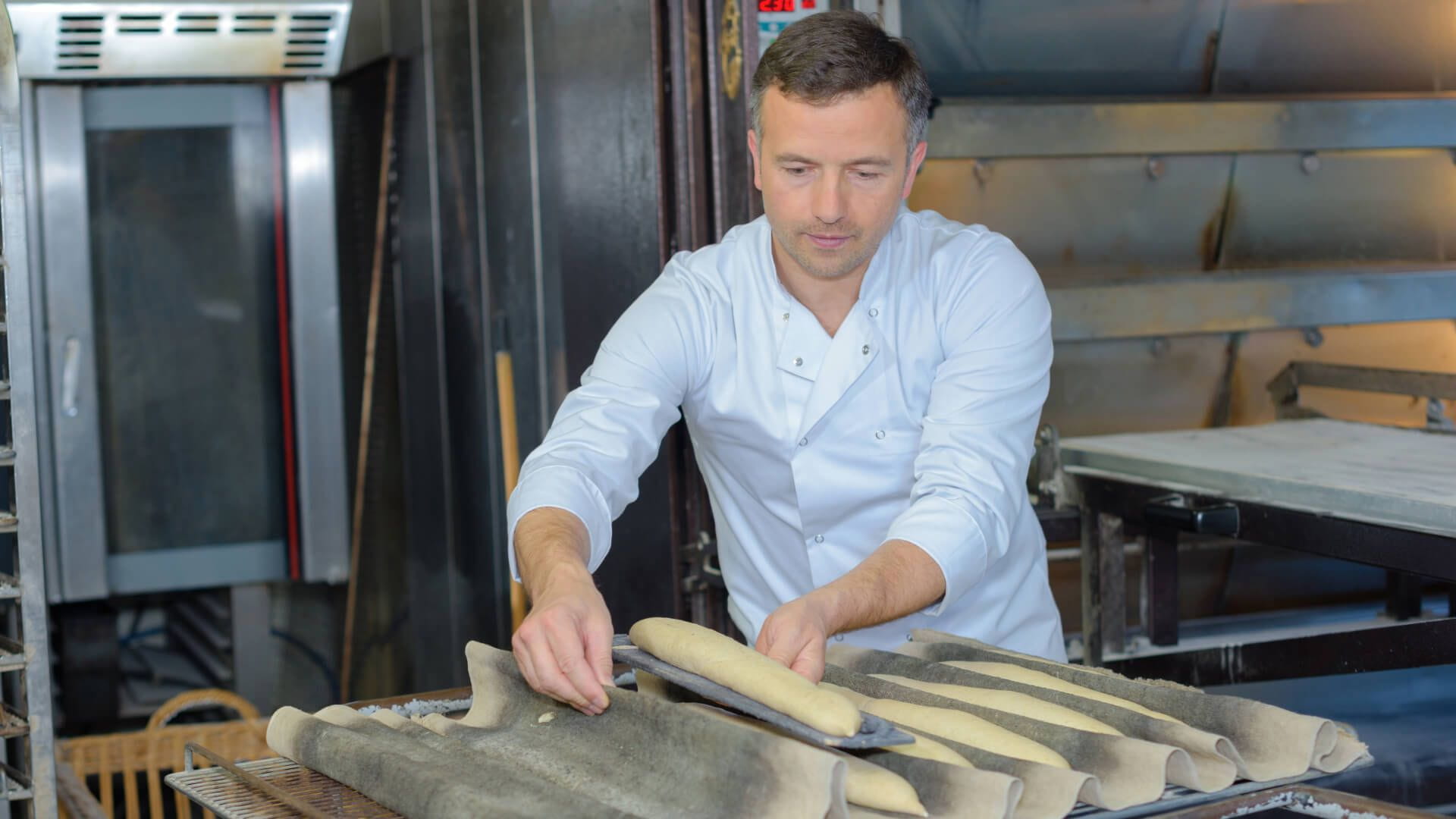France’s Bakers Push Back Against New Packaging Levy
Posted by Emma on 9th Mar 2025 Reading Time:
France’s bakers are up in arms over a new environmental levy that has added yet another financial burden to an industry already grappling with soaring costs. The tax, which applies to the paper wrapping of baguettes and pastry packaging, has been met with fierce resistance from the country’s 30,000 boulangeries. While the individual charge per customer is a mere 0.75 cents, the cumulative impact on businesses—many of which are already struggling—has sparked national outrage.

Under Prime Minister François Bayrou, the government has defended the measure as part of a wider push to reduce waste and promote sustainable packaging. However, bakers argue that this well-intended environmental effort has become an administrative nightmare, further strangling small businesses with red tape.
A New Burden for a Struggling Industry
Boulangeries, a cornerstone of French life, are already contending with high taxes, rising energy prices, and the ever-increasing cost of essential ingredients such as flour, sugar, and eggs. The National Confederation of French Boulangerie-Pâtisserie warns that this latest levy—estimated to cost busy bakeries up to €6,000 a year—could be the final straw for many struggling establishments.
Dominique Anract, the confederation’s president, has urged bakers to pass on the cost by slightly increasing prices on items such as quiches and flans. However, with inflation already pushing the price of a baguette from €0.90 in 2020 to an average of €1.20 today, further price hikes could drive customers away.
“It’s one more tax,” lamented Mathieu Bénédic, a boulangerie owner in Metz. “I was thinking about hiring another employee, but that will be complicated now.”
The backlash extends beyond bakers. The tax also affects butchers, cheesemongers, and greengrocers, but bakeries—due to their high volume of single-use paper wrapping—are feeling the heaviest impact. The union representing small businesses, SDI, has called the tax an “administrative and financial labyrinth” and demanded its cancellation.
The Political Fallout
With 12 million people buying fresh bread daily, the mood in the boulangerie is a key indicator of public sentiment in France. President Emmanuel Macron, who has previously described the baguette as “250 grams of magic and perfection,” is no stranger to the importance of keeping bakers onside. After all, the humble boulangerie is often the last shop in many villages that have lost their cafés and grocery stores.
Recognising the mounting frustration, Véronique Louwagie, the junior minister for small and medium enterprises, admitted that the government had failed to consult bakers before implementing the levy. “This is the type of scheme that should have been tested first to measure its impact,” she conceded.
The controversy has reignited the debate around France’s Extended Producer Responsibility (EPR) regime, a decades-old policy based on the polluter-pays principle, requiring businesses to fund the recycling of waste they generate. While the principle is not new, its expansion to bakery packaging under the AGEC-REP law has caught many in the industry off guard.
According to government officials, the simplified flat-rate contribution of 0.0079 cents per package was negotiated between CITEO/Adelphe—the organisations responsible for recycling donations—and the Federation of Bakery Companies (FEB). The Ministry for Ecological Transition insists that this method was designed to reduce the complexity of previous reporting requirements, which demanded bakers account for the precise number and weight of each package used.
But bakers remain unconvinced. “It should be the suppliers who bear this cost, not the bakeries,” argues Anract. Many fear that this is just another step towards driving traditional boulangeries out of business, leaving industrial bakery chains to dominate the market.
A Return to Tradition?
While some bakers reluctantly adjust their pricing, others are exploring alternative solutions. One unexpected consequence of the levy is the renewed interest in the traditional sac à pain—a reusable cloth bag that families once used to carry their baguettes home. Encouraging customers to embrace this old-fashioned habit may offer a way to sidestep the tax while promoting sustainability.
However, with small businesses already stretched to breaking point, many believe the tax is a blunt instrument that punishes independent artisans rather than driving meaningful change. If the government fails to respond to the growing dissent, France could soon face a more profound crisis—where its world-famous boulangeries begin disappearing, taking a cherished part of its culture with them.




